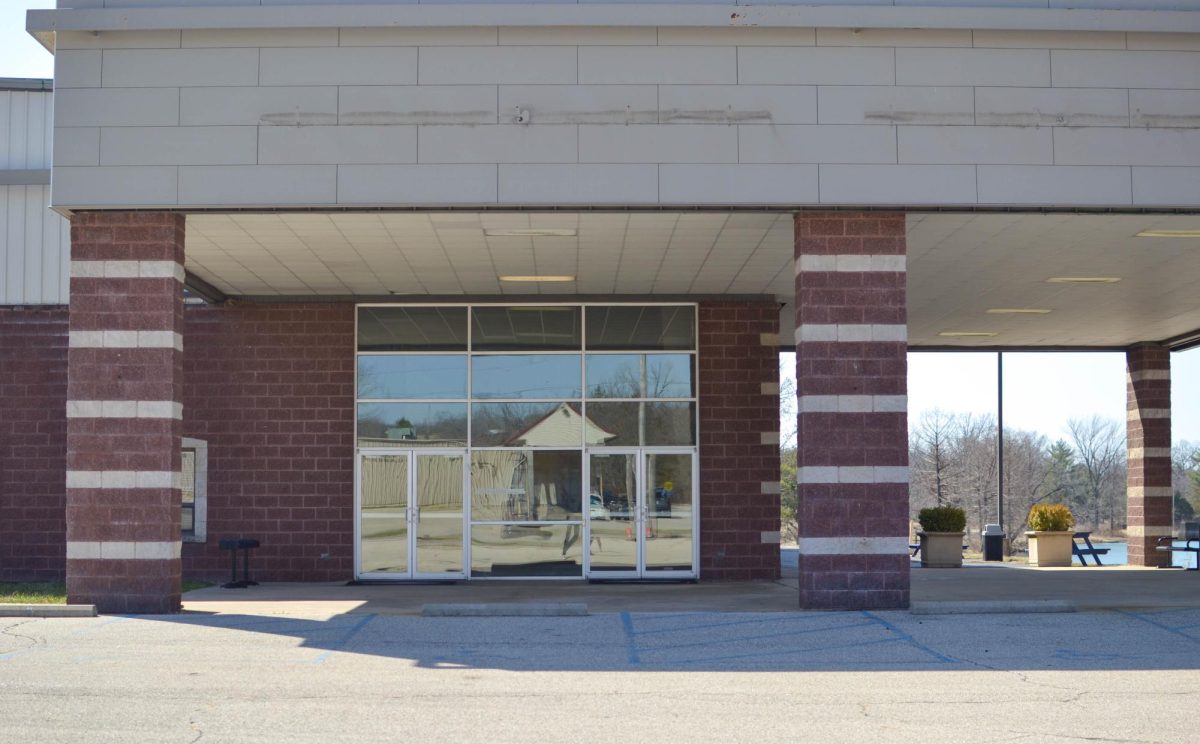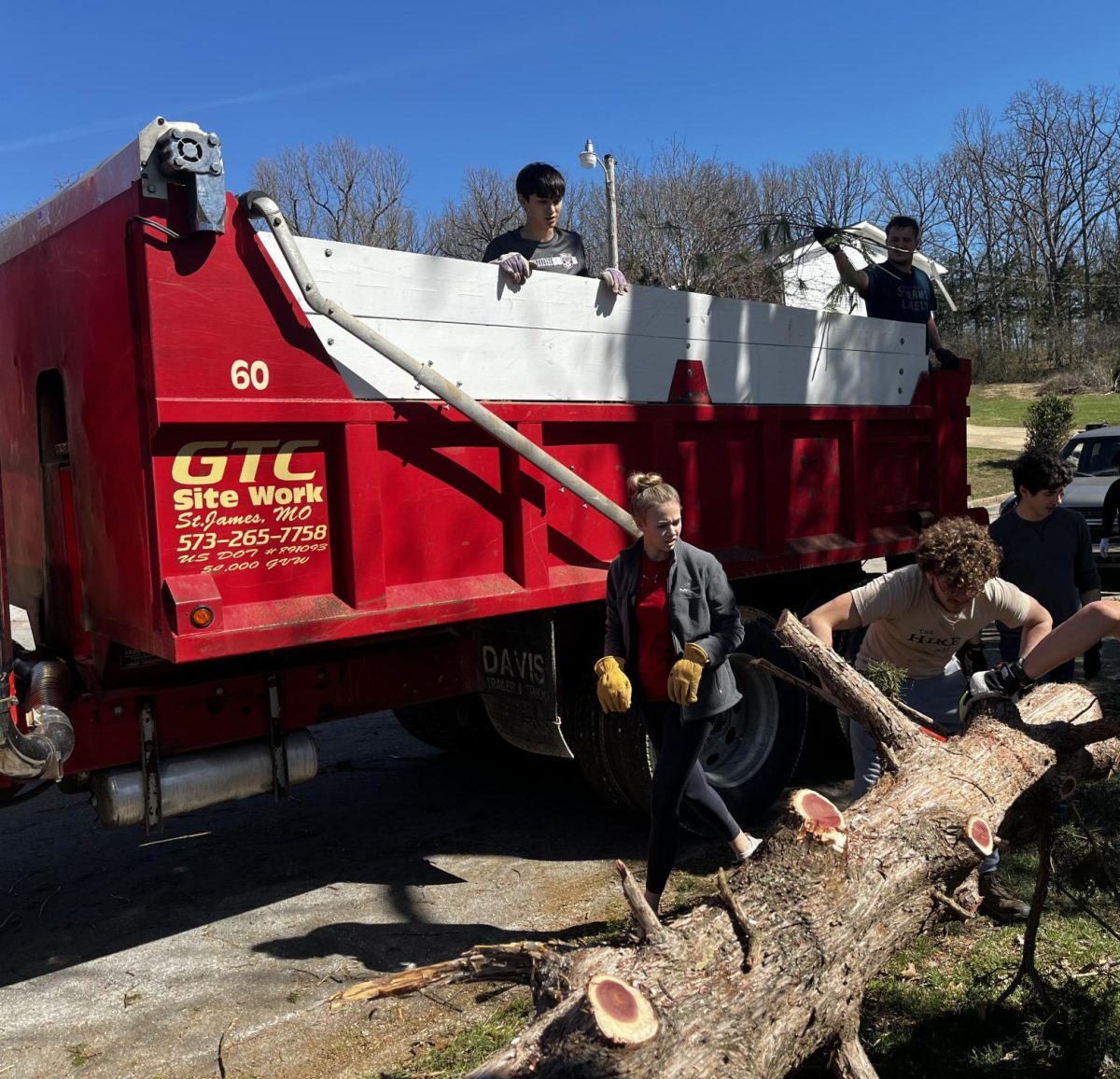Everyone has seen and heard about the terrible drought we endured this summer. The crunch of grass under your shoes like potato chips, those never-ending blistering hot days went on the entire summer. Talk about the drought has been on the news everywhere across the nation. But a more important smaller thing to focus on is the impact this drought has had on local farmers.
This is the worst drought the United States has had in half a century. With that comes lots of long term damage to our crops, which leave our local farmers that do more livestock farming instead of crops in a sticky situation. The livestock need fescue to graze, and with a large percentage of the grass dying, it has become quite a challenge to make sure the livestock have the resources they need to survive.
Tom Strain is the Agriculture Instructor at RTI and the Advisor of the Rolla FFA Chapter. Strain raises cattle, hogs, and chickens on his farm 5 miles out of Rolla. Strain also maintains many quail habitats.
“My quail habitats have suffered a little bit from the lack of moisture, but since we have had recent rain they have perked up.” Strain said.
With all his livestock, Strain goes through quite a deal of feed for his animals. Just like regular food, the prices of feed are in jeopardy of going up as well.
“It is difficult to predict, and we are always concerned about feed prices going up from a livestock point of view. From what I read through news reports, feed prices are going to escalate.” Strain said.
On a normal year, Strain has a steady system for hauling hay in the summer to provide for his cattle. But this year, the drought has taken a toll on that as well.
“My production of hay this year was about 50% less than what I usually harvest. This would be the first year ever that I felt the need to buy any outside hay and I have purchased 50 tons of hay from the state of Mississippi. I have also planted 50 acres of other forage plants such as rye and radishes to take the place of the hay this fall.” Strain said.
Strain has his pastures on the farm set up so the cattle move from paddock to paddock to graze fescue. This is called a rotational graze system.
“This year is a flagship year for rotational grazing. Believe it or not, it is serious weather conditions that prove its importance. Even though we have a lack of moisture, and we have serious growing considerations, the rotational system really shows its power in these severe situations. I have still been able to rotate my cattle using no hay on my 11 paddocks.” Strain said.
Strain also had some extra helpful information to share about the impact this drought has had on his farm.
“I believe very strongly in my heart it is my job to take care of the land, and in return the land will take care of my family and me. It makes me very sad to see it this dry, however it amazing how we can start the recovery process. Within the past few weeks we have got a couple inches of rain and the temperatures have been lowering, allowing things to grow again. I believe the long term effects of this drought will be minimal since we have taken such good care of the soil.” Strain said.







